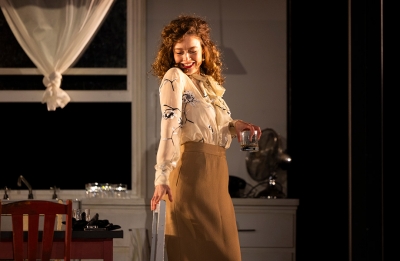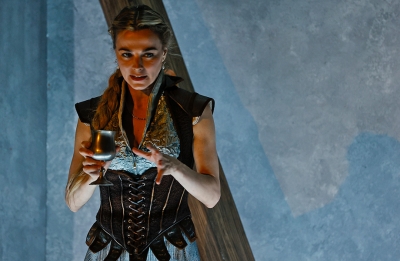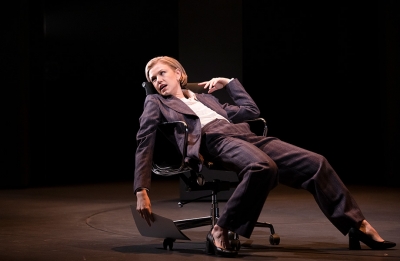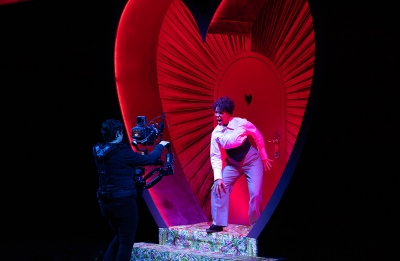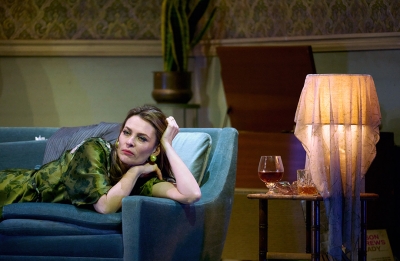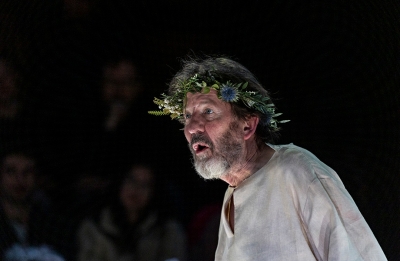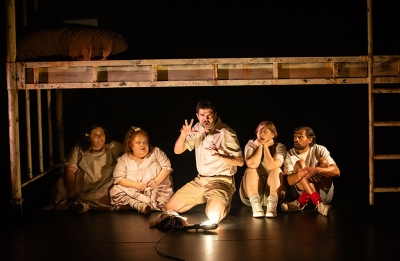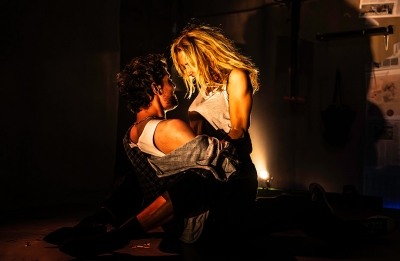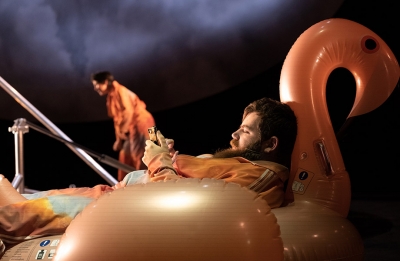Theatre
Suzie Miller’s Prima Facie continues its triumphant procession at home and abroad with Black Swan State Theatre’s production in Perth, under the direction of Kate Champion. A hit at its première at Sydney’s Griffin Theatre in 2019 and in post-Covid seasons in Melbourne, Broadway, and the West End (winning the 2023 Olivier Award for Best New Play), not to mention in South Asia and Northern Europe, it now arrives in Perth, where Miller received her first mainstage production (of Dust) in 2014.
... (read more)For the past thirty years, breakthroughs in video and sound technology have, for better or worse, seeped into live performance. For better in the case of Kip William’s production of Suddenly Last Summer and Lindy Hume and Dave Bergman’s Winterreise for Musica Viva. For worse with David Livermore/Opera Australia’s ludicrous Anna Bolena and Ivo van Hove’s self-indulgent All About Eve.
... (read more)The contrast could hardly be more stark. Late last year, Red Stitch’s production of Edward Albee’s play Who’s Afraid of Virginia Woolf?, directed by Sarah Goodes, began life at the company’s eighty-seat theatre nestled in East St Kilda. It sold out, became the talk of the town, and attracted positive reviews. Usually, that’s how things end.
... (read more)On its face, Stolen presents as simple storytelling. Five characters, five distinct journeys, five personal narratives, bound together within an overarching story: that of the stealing of Indigenous children from their families, their culture, their land, a shameful, reprehensible blight on our national history, a blight that continued into recent history, the impact of which is still being lived and experienced.
... (read more)Addiction is the third wheel in many a stage relationship. Plays such as Eugene O’Neill’s Long Day’s Journey Into Night (1956), J.P. Miller’s Days of Wine and Roses (1958), and Edward Albee’s Who’s Afraid of Virginia Woolf? (1962) examine the ways in which addiction – whether to alcohol, morphine, or even love – offers a heady sense of ‘something’ where once there seemed to be nothing at all.
... (read more)The setting is described in the program as a workplace at the end of the world – but what kind of workplace? Well, imagine that a multinational technology company has bought up Valhalla for warehouse space and a new fulfilment centre. Above and behind the stage is a kind of elongated portal through which we see billowing clouds, purple and pink, shot through with lightning.
... (read more)Anxiety and agitation failing to translate into action as an exhausted and exhausting world faces an uncertain future – the contemporary relevance of The Cherry Orchard requires no special pleading. Retaining the characters and narrative trajectory of the play written by Anton Chekhov in 1903, Australian director Benedict Andrews employs music and contemporary diction in an ambitious production that takes the humour in Chekhov’s final play seriously.
... (read more)

